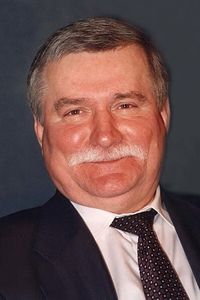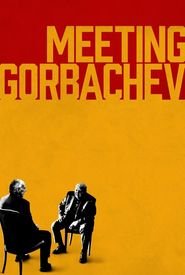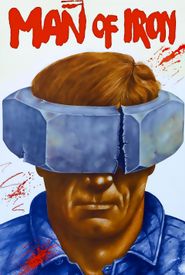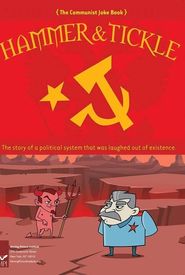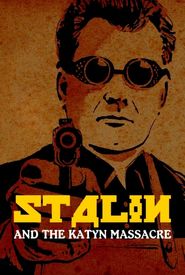Lech Wałęsa, a prominent Polish statesman, renowned dissident, and Nobel Peace Prize recipient, made his entry into the world on September 29, 1943. Throughout his illustrious career, he held the esteemed position of President of Poland between 1990 and 1995, a tenure marked by a significant milestone in the country's political history - his election as the first democratically elected President since 1926, and the first-ever Polish president to be elected by popular vote.
Lech Wałęsa, a skilled electrician with a background in the shipyard industry, emerged as a prominent figure in the Solidarity movement, leveraging his trade union leadership to spearhead a groundbreaking pro-democratic crusade that ultimately brought an end to the long-standing Communist regime in Poland in 1989, thereby marking a significant turning point in the global political landscape, as the Cold War era came to a close.
Lech Wałęsa, a dedicated trade-union activist, faced severe persecution from the government, with his every move closely monitored, leading to his termination from his job in 1976. Despite this, he persisted in his struggle for democratic reforms, and his unwavering commitment ultimately led to the historic Gdańsk Agreement in August 1980, a landmark moment in which striking workers and the government came together to forge a new path forward.
Lech Wałęsa, a pioneering figure in the struggle for democracy and workers' rights, co-founded the Solidarity trade-union, which rapidly grew to become the largest and most influential labor organization in Poland, boasting an impressive membership of over ten million individuals.
Undeterred by the imposition of martial law and the subsequent outlawing of Solidarity, Wałęsa continued to champion the cause of the Polish people, utilizing his unwavering dedication and unshakeable resolve to play a pivotal role in the establishment of the Round Table Agreement.
This historic accord, which was instrumental in paving the way for the semi-free 1989 Polish legislative election, marked a significant turning point in the country's transition towards democracy, and cemented Wałęsa's status as a beacon of hope and a champion of freedom for the people of Poland.
Wałęsa's unwavering commitment to the principles of democracy, human rights, and workers' rights, as well as his unshakeable resolve in the face of adversity, have made him an inspiration to generations of Poles and a symbol of the struggle for freedom and democracy around the world.
Lech Wałęsa played a pivotal role in shaping Poland's political landscape, expertly navigating the country's transformation from a rigid Marxist-Leninist state socialist regime to a thriving free-market capitalist liberal democracy. As a prominent figure, Wałęsa's influence was instrumental in Poland's transition to a new era of political and economic freedom.
However, Wałęsa's active involvement in Polish politics began to wane following his narrow defeat in the 1995 Polish presidential election. Despite this setback, he continued to make significant contributions to Polish society through his establishment of the Lech Wałęsa Institute in 1995.
Throughout the entirety of his remarkable life, Lech Wałęsa has been bestowed with an astonishing multitude of prizes, honors, and awards from a vast array of countries and esteemed organizations around the world. In recognition of his extraordinary accomplishments, he was dubbed the Time Person of the Year in the year 1981, a distinction that solidified his status as a global icon. Furthermore, he was later honored as one of Time magazine's 100 most influential individuals of the 20th century in the year 1999, a testament to his enduring impact on modern history. In addition to these accolades, Wałęsa has received an impressive tally of over forty honorary degrees, including prestigious awards from renowned institutions such as Harvard University and Columbia University. Moreover, he has been decorated with dozens of the highest state honors, a fitting tribute to his tireless dedication to the pursuit of freedom, democracy, and human rights.
Lech Wałęsa was born in the town of Popowo, which was then situated within the boundaries of the Reichsgau Danzig-West Prussia, a region that was under German occupation and was part of the larger territory of Poland during World War II. His father, Bolesław Wałęsa, was a skilled carpenter who, prior to Lech's birth, was forcibly taken away by the German authorities and interned in a labor camp. Following the war, Bolesław managed to return home, but tragically, he succumbed to exhaustion and illness just two months later, leaving a lasting impact on his family.
Lech's mother, Feliksa Wałęsa, whose maiden name was Kamieńska, played a pivotal role in shaping her son's values, convictions, and unwavering determination. Her influence would have a profound effect on Lech's life and future endeavors, as he would go on to become a prominent figure in the struggle for workers' rights and a champion of democracy.
The Gdańsk Lech Wałęsa Airport has been named in his honour since the year 2004, and in recognition of his outstanding contributions, he has been bestowed with a plethora of prestigious accolades.
